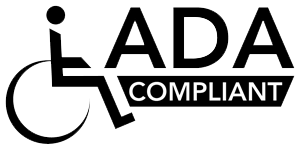Getting Enough Sleep?
Often neglected and overlooked, sleep is one of the most essential aspects of good health. Most adults need 7-8 hours of sleep on average. Many of us simply get too little sleep or our sleep schedule fluctuates widely, depending on the day of week. Take a look at these sleep tips and compare them to what you currently do.
Establish a relaxing bedtime routine. Think about what you can do on a nightly basis to unwind and prepare yourself for bed. This includes the basics like brushing your teeth and so on, but it can also include rituals for closure of the day and calming yourself. Avoid things that stress you out right before bed as well as activities or thoughts that may activate your mind or body too much.
Maintain a consistent time for going to bed and rising. The reality for some of us is that this is not always possible or even desired, but try to limit dramatic schedule changes from day to day. Your internal clock will appreciate a regular schedule as well as limited daytime naps.
Create an environment that will encourage sleep. For most people, this includes a comfortable bed (not the couch in front of the TV) and a dark and quiet room. What is your room like?
Exercise regularly. Physical activity helps just about everything, including your body’s ability to sleep. Activity helps make us more alert in the daytime and contributes to sounder sleep. Note that exercise right before bed might make it hard to fall asleep for some people.
Pay attention to what you ingest prior to bedtime. While coffee might keep you awake during the afternoon, caffeine can disrupt both falling asleep and the quality of sleep because of its effect as a stimulant. The effect of caffeine is long-lasting: try to avoid it for 5-6 hours before sleep (this includes energy drinks, tea and chocolate). Nicotine from cigarettes or tobacco products is another stimulant that can interfere with sleep. Alcohol can be problematic too. Even though alcohol is a sedative, it can cause you to wake up more often and sleep less productively. Finally, eating certain foods or a heavy meal too close to bedtime can interfere with sleep as well.


